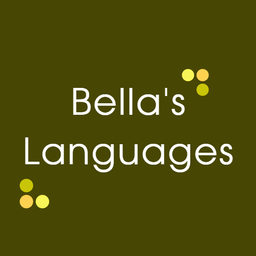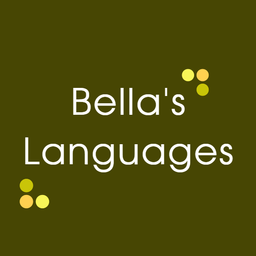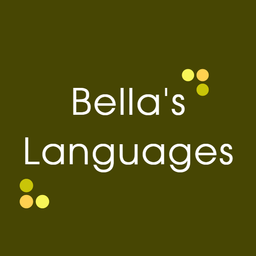Friends 📺 老友记/六人行 No.13
用美剧提升英语口语,学地道美语!
想学会真正好用的 英语口语,却觉得课本太死板?不如试试 看美剧学英语! 《Friends》(《六人行》)不只是好笑,还充满 道地美语表达,让你透过轻松的剧情学会最实用的英语。本篇文章将教你如何用这部经典美剧 提升听力、增强口语能力,让你的英语表达更流畅、更自然,轻松和外国人聊天不尴尬!
收看影片:

逐句精讲:

Monica: You mean you know Paul like I know Paul?
你的意思是你对Paul的了解和我对Paul的了解一样吗?
Franny: Are you kidding? I take credit for Paul. You know, before me, there was no snap in his turtle for two years.
你在开玩笑吗?我可是为Paul的变化功不可没。你知道,在我之前,他已经两年没有活力了。
Are you kidding? used to show that you are very surprised at something that someone has just said 表示对某人刚才所说的话十分吃惊
credit (for something): praise or approval because you are responsible for something good that has happened 赞扬,荣誉,功劳(<例> take credit for: 因....接受表扬;give someone credit for: 因…称赞某人(give Franny credit for Paul)
no snap in his turtle: he can't get an erection during sex 无法勃起 (<例>类似的措辞 no lead in his pencil)
Joey: Of course it was a line!
当然是骗你的。
of course: used to show that what you are saying is not surprising or is generally known or accepted 理所当然;毫无疑问
line: a remark, especially when someone says it to achieve a particular purpose 为达到特定目的而说的话(借口、曲意奉承等)
Monica: Why? Why? Why would anybody do something like that?
为什么?为什么会有人做这样的事呢?
Ross: I assume we're looking for an answer more sophisticated than 'to get you into bed'.
我想我们要找的答案应该比“为了让你上床”更复杂吧。
assume [əˈsuːm]: to think or accept that something is true but without having proof of it 臆断,猜想
sophisticated [səˈfɪstɪkeɪtɪd]:(言语、概念等)深奥的;晦涩的
Monica: Is it me? Is it like I have some sort of beacon that only dogs and men with severe emotional problems can hear?
是我吗?难道我有某种信号,只能让狗和那些有严重情感问题的男人听到?
some sort of: used for describing something in a not very exact way 某种的;仿佛
beacon [ˈbiːkən]:(用作警告或导航的)信号

only dogs can hear:狗的听力是人的16倍,它们能听到24米外的低音,音域也很宽
severe [sɪˈvɪr]: extremely bad or serious 极为恶劣的;十分严重的
emotional problem: 情感问题, 感情障碍

Phoebe: All right, c'mere, gimme your feet.
好吧,过来,给我你的脚。
c'mere=come here 过来
gimme ['gimi]: used in written English to represent the words "give me or give it to me" when they are pronounced informally (give me 或 give it to me 的口语发音拼写) 给我
Rachel: Guess what?
猜猜怎么着?
Guess what? to introduce a piece of information that is surprising, that is not generally known, or that you want to emphasize. 你知道吗 (用于讲述令人吃惊的、不为人知的消息,或表示强调)
Ross: You got a job?
你找到工作了?
Rachel: Are you kidding? I'm trained for nothing! I was laughed out of twelve interviews today.
你在开玩笑吗?我根本没有受过训练!我今天的十二场面试都被嘲笑了。
train / treɪn /: to teach a person or an animal the skills for a particular job or activity; to be taught in this way 教育,培养...的能力(或素质),受教育,接受培训
for nothing: with no reward or result 没有结果地,徒然;白白地
laugh out of: to completely reject by laughing (用哄笑)拒绝,赶出场

interview ['intevju]: a formal meeting at which someone is asked questions to see if they are suitable for a particular job, or for a course of study at a college, university, etc. (对求职者等的)面试,谋职面试:口头审查

Chandler: And yet you're surprisingly upbeat.
尽管如此,你却出奇地乐观。
and yet: despite what has just been said 可是,然而
upbeat [ˈʌpbiːt]: positive and enthusiastic 乐观的;生气勒勒的;愉快的;活泼的

继续阅读:











